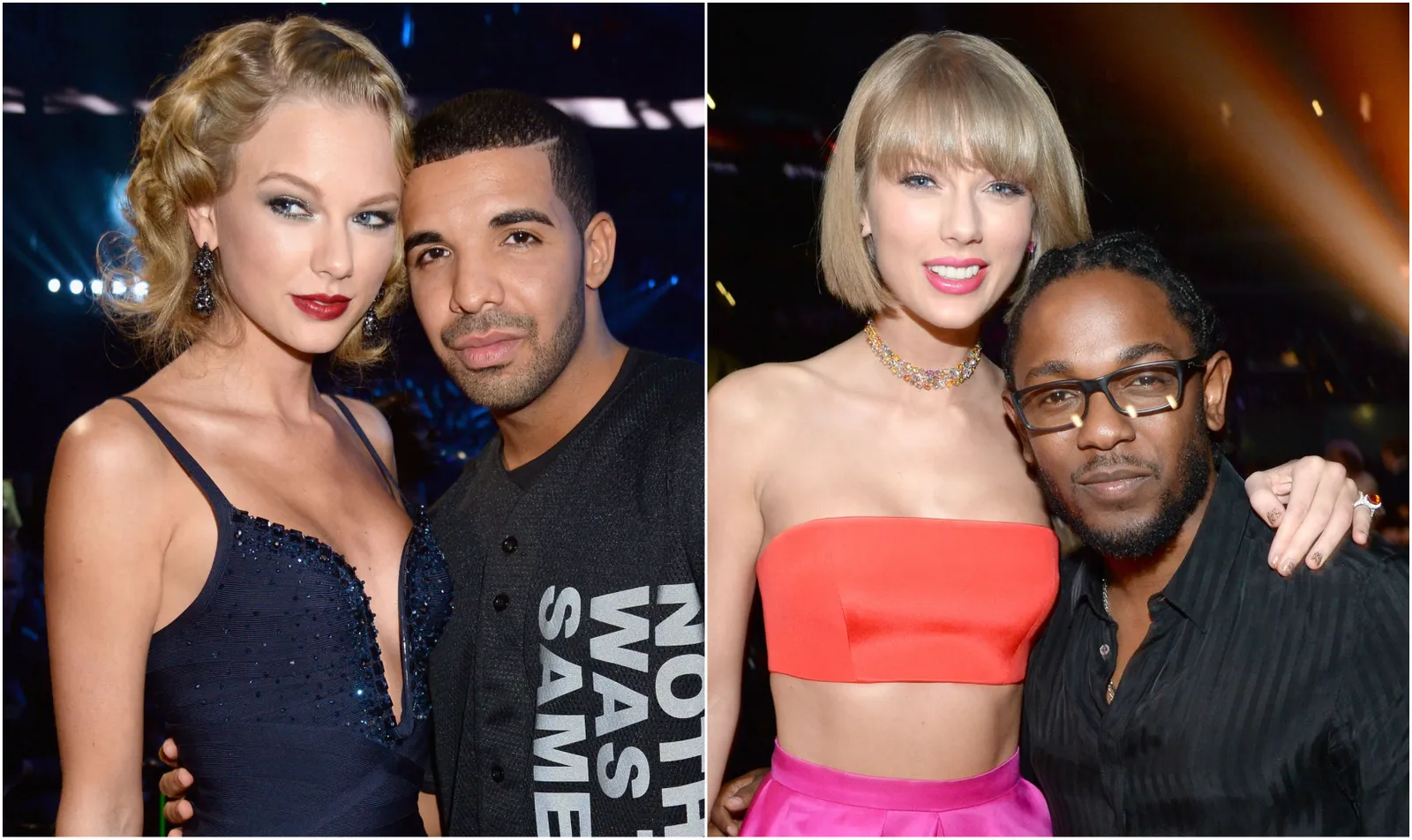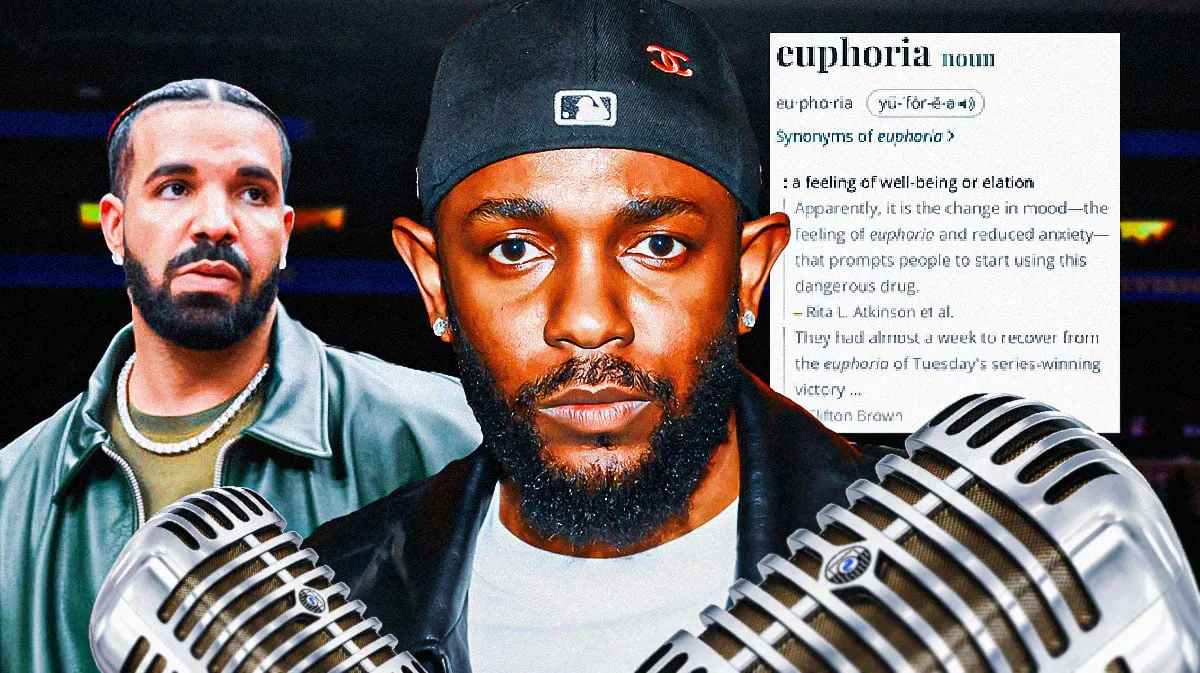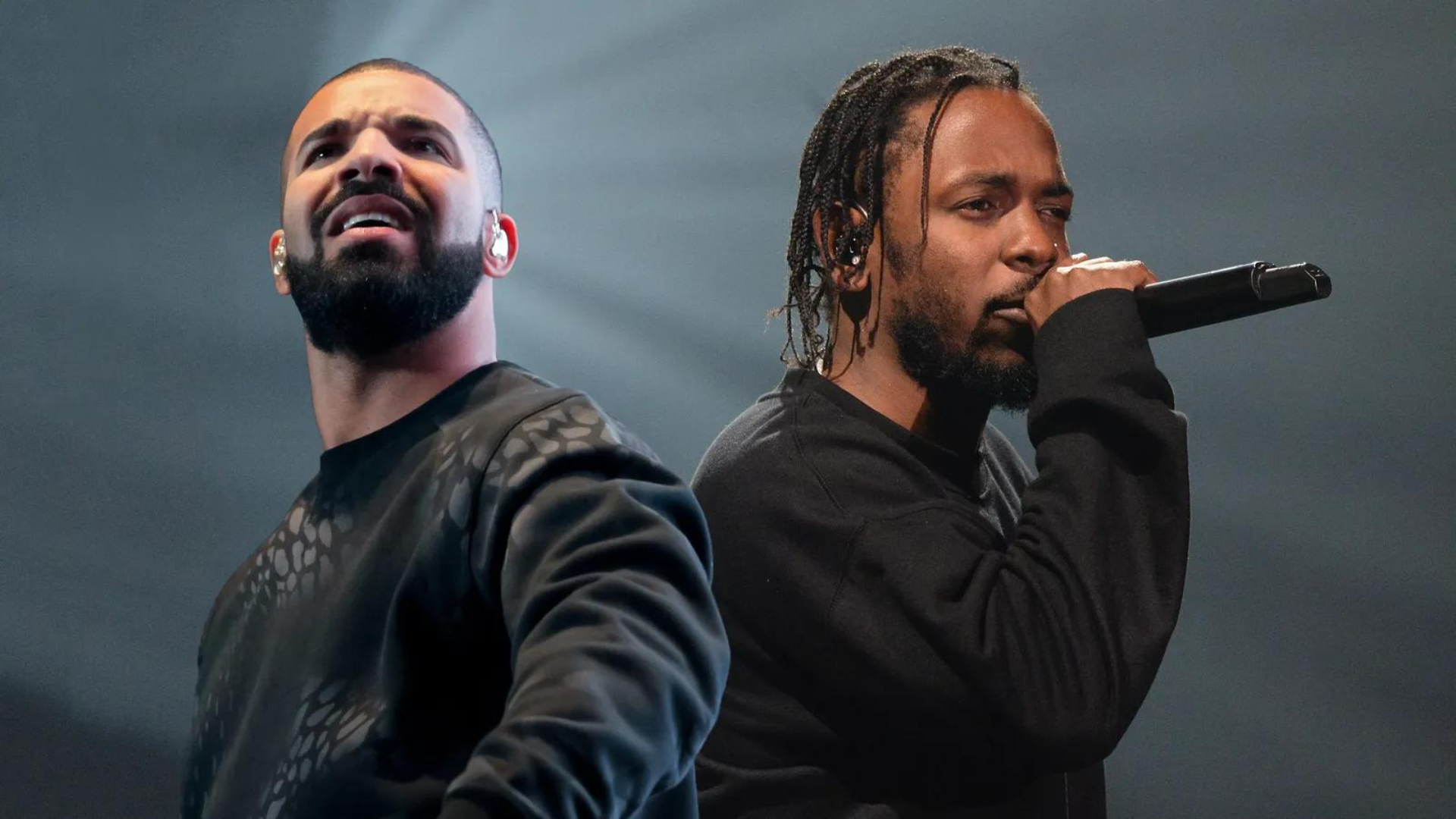Even if you aren’t a hip-hop head, chances are, you’re well aware of the ongoing feud between Kendrick Lamar and Drake. While they collaborated on Drake’s studio album Take Care (2011) Lamar has always had a bit of an issue with Drake. He wasn’t best pleased when J. Cole dubbed them the “Big Three” in 2023, putting Lamar in third place. The Drake-Kendrick Lamar feud escalated in March and diss tracks like Like That, Push Ups, Taylor Made Freestyle, 6:16 in LA, Family Matters, Meet the Grahams and Euphoria have been the result.
To grasp the Kendrick and Aubrey diss tracks, context is key. While hip-hop is their main domain, diss tracks exist in other contemporary pop culture genres, with roots in reggae and rock. Diss tracks are meant to attack someone verbally, express personal grievances or settle scores, often stemming from existing feuds, like former group members or rival artists. By nature, diss tracks invite listeners to understand the feud’s context, so in addition to being entertaining, they are also somewhat educational.
In the 1980s, hip-hop saw a rise in diss tracks, like the Roxanne Wars and The Bridge Wars, often fueled by territorial disputes and claims of superiority. The 1990s brought the infamous East Coast-West Coast rivalry, mainly between Tupac Shakur and The Notorious B.I.G. Modern hip-hop continues this tradition, with artists like Jay-Z, Pusha T, and Eminem engaging in high-profile feuds and releasing noteworthy diss tracks. Diss tracks expanded their popularity and influence on social media platforms, with fans increasingly playing a role in the content and strategies behind these tracks.
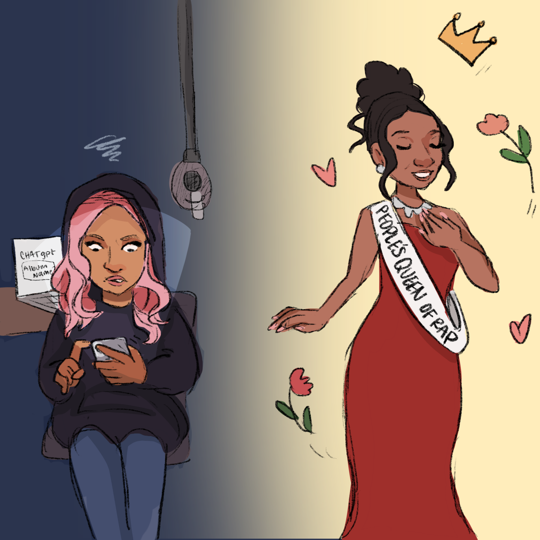
Megan Thee Stallion‘s Hiss (2024) became her first solo No. 1 hit on the Billboard Hot 100. While Megan didn’t name anyone, the perceived reigning queen of rap, Nicki Minaj, clearly interpreted it as aimed at her. Minaj responded with Big Foot (2024), which unequivocally demonstrated that a diss track was about more than aggression and insults. Minaj’s unhinged social media rants led to a song filled with hate-fueled attacks, but lacking substance. In contrast, Megan’s disciplined approach ultimately positioned her as the victor.
The Kendrick-Drake rivalry has spanned several years and involved other artists. Drake initially supported Lamar, who resented Drake’s pop-centric rap style, labelling him as fake, but initially chalking it up to friendly competition. But when Lamar targeted Drake and J. Cole (who respectably chickened out of this fight a long time ago) in Like That from the Metro Boomin and Future album We Don’t Trust You (2024), it became clear that there was no love lost. In all honesty, it’s been damn near impossible to keep up with and analyse every diss track in this tussle, but there are some standouts.
Most notably, Drake released Push Ups (2024), featuring AI-generated voices of Tupac Shakur and Snoop Dogg, and Lamar dropped Euphoria, unexpectedly on April 30, 2024. It’s a six-minute diss track divided into three parts, featuring a low-key delivery over a Teddy Pendergrass sample in the first section. The instrumental starts with a standard trap beat, incorporating lo-fi elements and big synth horns, then switches to dusty string leads. While the production is solid, it doesn’t overshadow the flows and pen game, crucial in any battle.
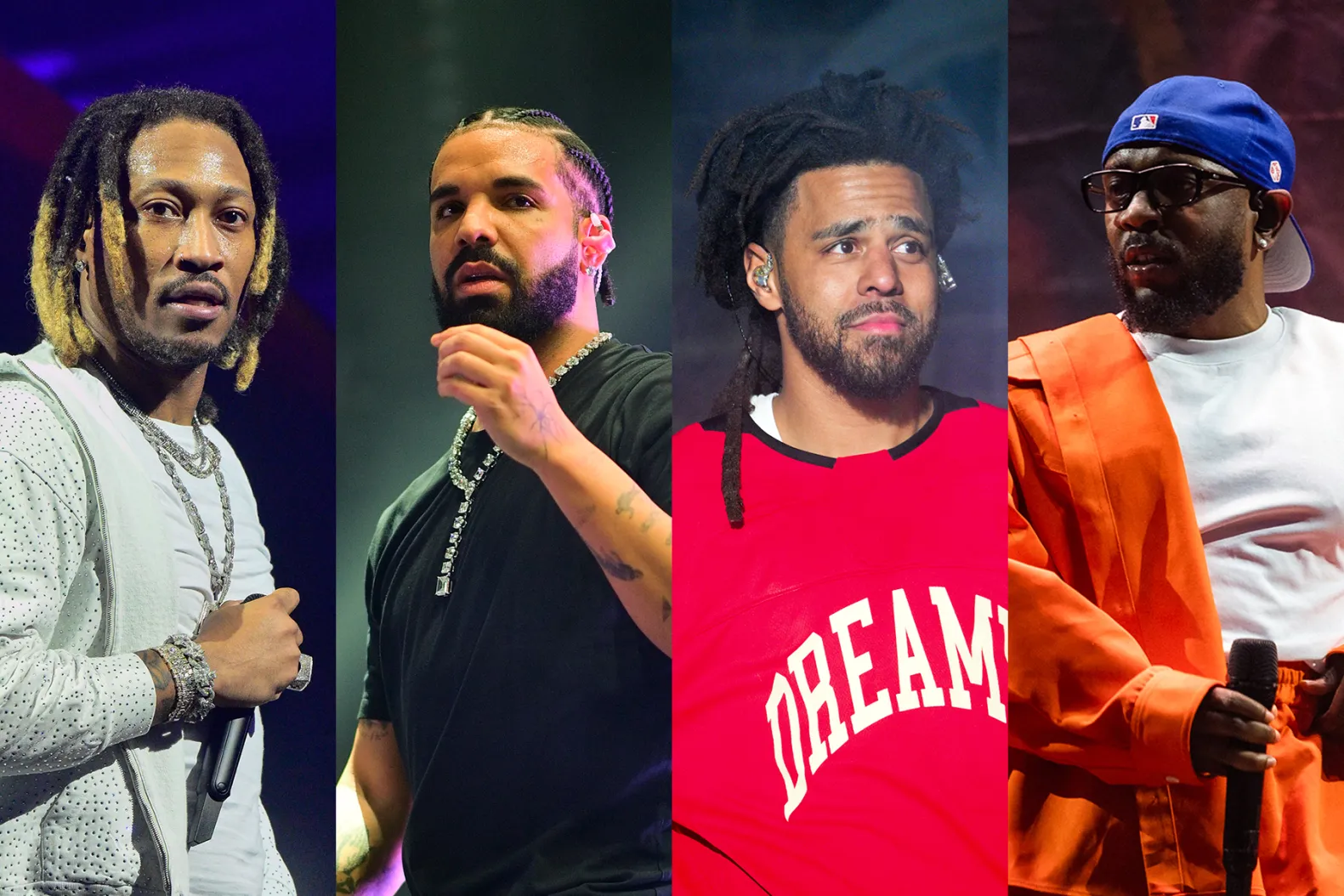
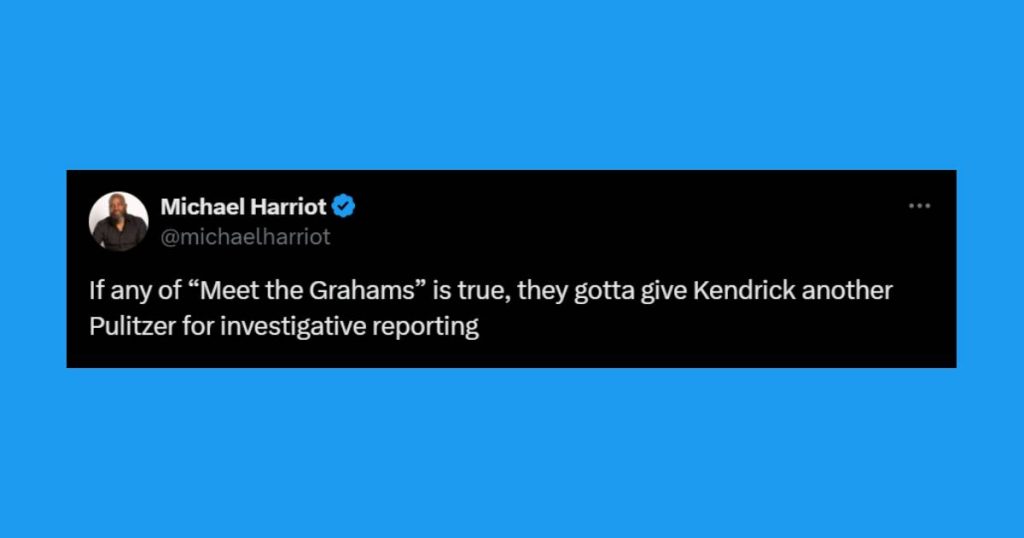
Lamar’s previous diss track aimed at Drake, Not Like Us (2024) already alleged paedophilia and cultural appropriation. Meet The Grahams (2024) targeted Drake’s background. Considered a reference to Drake’s industry connections and named after the popular TV series (which Drake executive produced), Lamar’s Euphoria portrays Drake as a fame-hungry actor with no regard for hip-hop’s legacy. Drake’s ghostwriting allegations and transition from Canadian child actor to popular hip-hop artist have always been a point of contention. Lamar digs into this, attacking Drake’s Push Ups, which was taken down due to objections from Tupac’s estate. In Euphoria, Lamar raps it would “make [Tu]pac turn in his grave” and taunts … “Am I battlin’ ghost or AI?”
While most of Drake’s disses had been subliminal up to this point, Kendrick’s disses are so direct. Drake’s Push Ups had some clever lines and came for Kendrick’s record sales and streams, but Euphoria is out for blood. Lamar even disputes Drake’s financial assertions, which by all accounts are accurate, given that Drake outsells Kendrick. But Euphoria makes it clear that KDOT’s disdain for Drake is not just professional. He bitterly bashes Drake’s whole persona, citing controversies like his absentee fatherhood, fake accents and an out-of-court sexual assault settlement.
While Kendrick continuously patronises Drake, he still frames their feud as a battle for hip-hop supremacy, in which he asserts his dominance over Drake. Drake’s disses tend to go for low-hanging fruit like Kendrick’s height and shoe size, but Kendrick oscillates between acknowledging Drake’s achievements as a pop star and sharply denying him status as a respectable rapper and part of the community. He raps “How many more Black features ’til you finally feel that you’re Black enough? I like Drake with the melodies, I don’t like Drake when he act tough.”
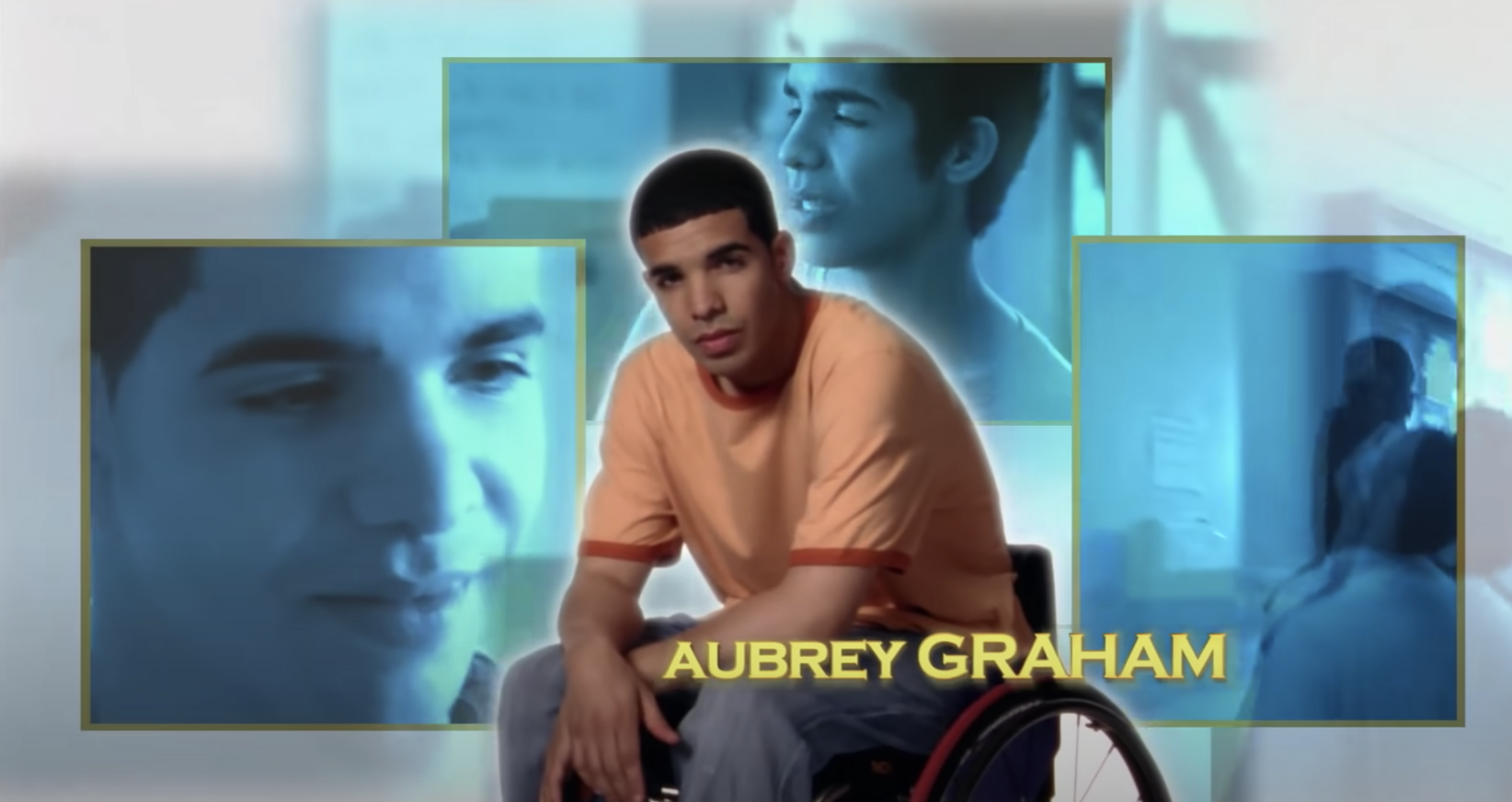
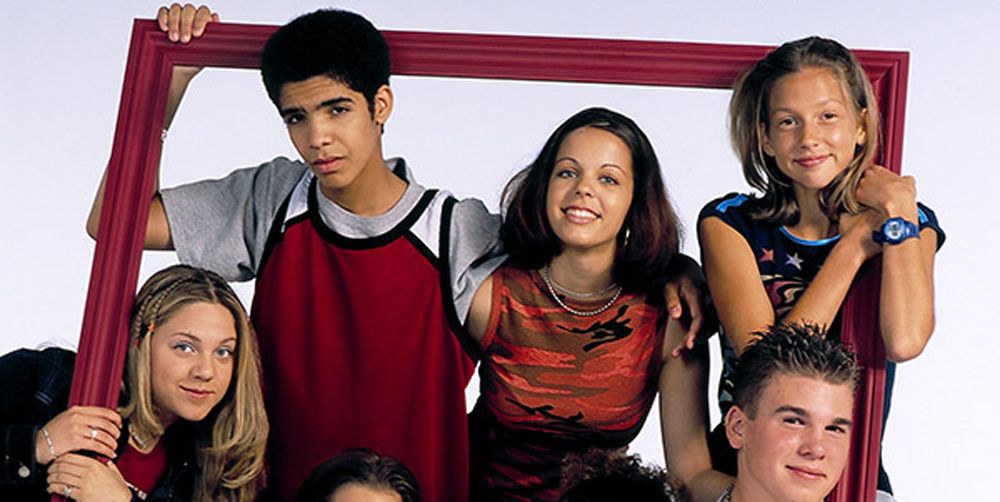
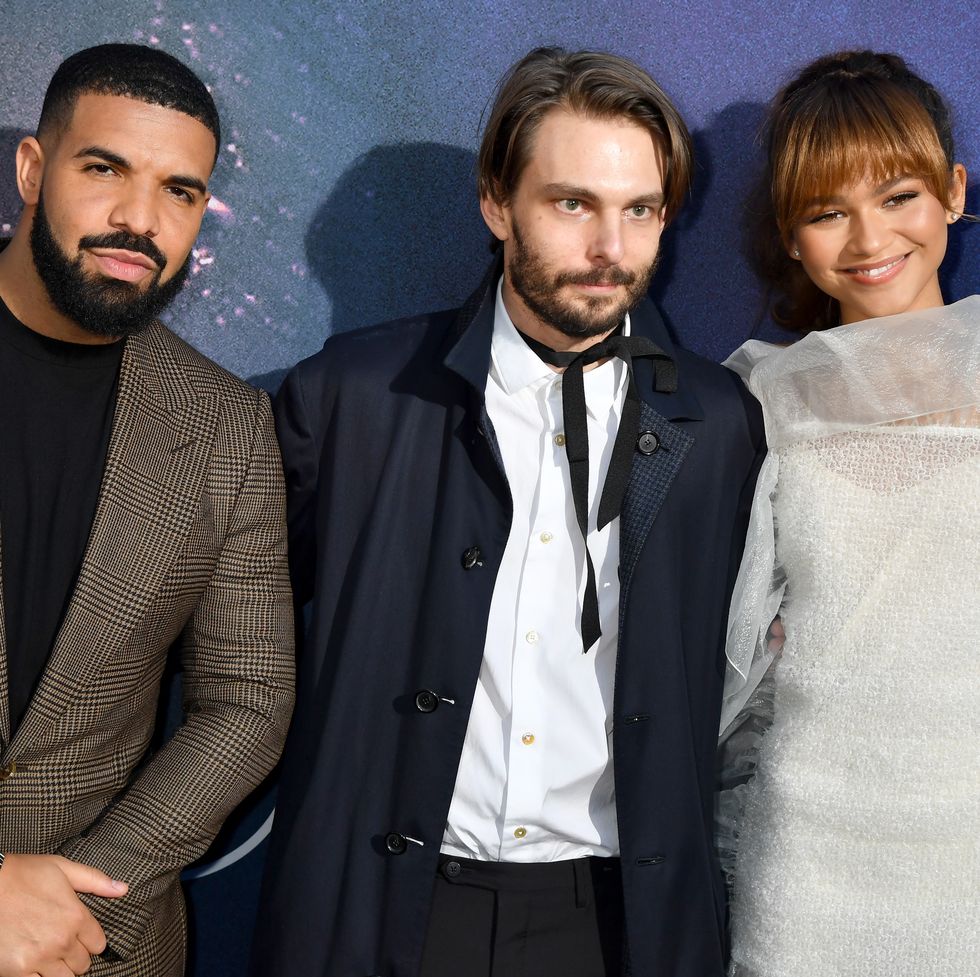
In Drake’s defence, he’s not the only one who can be accused of pandering to the pop masses. Many fans were put off by Lamar’s collaboration with the likes of Taylor Swift, and when Drake pointed this out in his diss tracks Push Ups and Taylor Made, Lamar responded with 6:16 in LA (2024), produced by Swift’s collaborator Jack Antonoff. Fans joked that Lamar and Drake’s entire feud revolved around Swift, amplifying sentiments that hip-hop had faded in relevance compared to pop and country music.
But with Euphoria Lamar undoubtedly regained respect from even his harshest of critics. Drake fired back on May 5 with The Heart Part 6, a YouTube release cleverly referencing Lamar’s acclaimed track The Heart Part 5 (2022). Sampling Aretha Franklin’s Prove It (1967), Drake is heard refuting allegations of being a sexual predator, using Kendrick’s Mother I Sober (2022) to imply that Lamar had been molested and that he’d intentionally fed misinformation to Lamar as a trick. Ironically without proof, these claims feel panicked and a bit pathetic.
With its elevated energy, superior wordplay and relentless trolls, Lamar’s Euphoria easily overshadows any previous songs in this feud. The Heart Part 6 had to come harder than it did to make any impact. At least Drake has finally confronted Lamar directly, which he can be commended for, but the understandably sensitive rapper may not have the stomach for battle. As it stands, KDOT has the upper hand, and Drake has yet to deliver a response that even comes close to competing with Euphoria‘s bombastic intensity.
